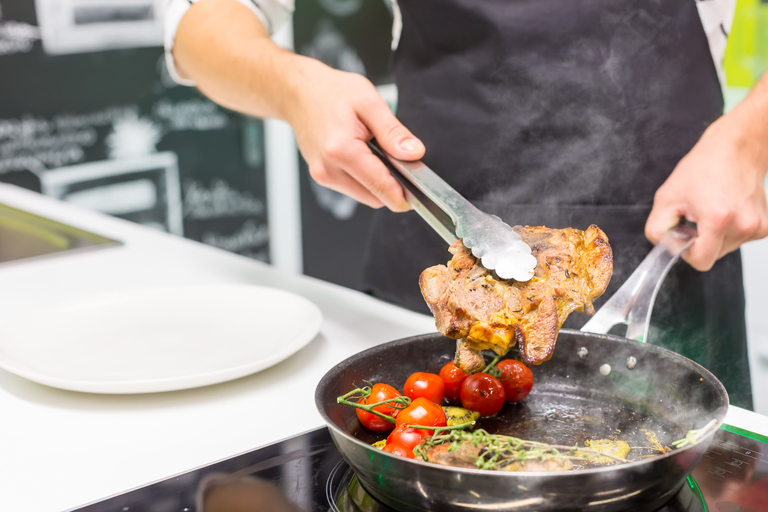
Introduction
Cooking is more than just preparing food—it’s a creative process that combines flavors, textures, and techniques to create dishes that delight the senses. Whether you’re a beginner or an experienced chef, learning new techniques and tips can make your cooking more enjoyable and efficient. In this article, we’ll dive into essential cooking tips and techniques that will help you elevate your culinary skills.
Why Good Cooking Techniques Matter
Mastering cooking techniques is key to transforming simple ingredients into exceptional meals. Proper techniques ensure that your food retains its natural flavors, textures, and nutritional value. Furthermore, they allow you to experiment with new recipes and dishes, making cooking an exciting and fulfilling experience.
Essential Cooking Techniques Every Chef Should Master
Here are some basic yet essential cooking techniques every home cook should know to enhance their kitchen skills:
1. Sautéing
Sautéing involves cooking food quickly over high heat with a small amount of fat, such as oil or butter. It’s a great technique for vegetables, fish, and meats. Sautéing seals in the flavors and helps ingredients retain their texture and nutrients.
2. Roasting
Roasting is a dry-heat method that’s ideal for vegetables, meats, and poultry. It caramelizes the natural sugars in the food, enhancing the flavor and creating a crispy, golden exterior while keeping the interior tender and juicy.
3. Boiling and Simmering
Boiling involves cooking food in water or broth at high temperatures, while simmering occurs at lower temperatures. These methods are perfect for cooking pasta, rice, soups, and stews, allowing the flavors to meld together and develop richness.
4. Grilling
Grilling imparts a smoky flavor to food and is perfect for meats, fish, and vegetables. It’s a great way to cook quickly while retaining the food’s natural moisture and flavor. A good grill master knows how to manage heat and timing for the perfect char.
Common Cooking Mistakes to Avoid
Even experienced cooks make mistakes. Here are some common errors and how to avoid them:
- Overcrowding the Pan: When too much food is added to the pan, it can lead to uneven cooking and steaming instead of searing.
- Not Tasting as You Go: Always taste your dishes as you cook to ensure proper seasoning and flavor balance.
- Overcooking Meat: Overcooking can dry out meats and make them tough. Use a meat thermometer to check for doneness.
Conclusion
Cooking is an art, and with the right techniques, you can create flavorful and memorable meals. By mastering the basics, practicing your skills, and learning from your mistakes, you’ll become more confident in the kitchen. The key is to have fun, experiment, and enjoy the process!